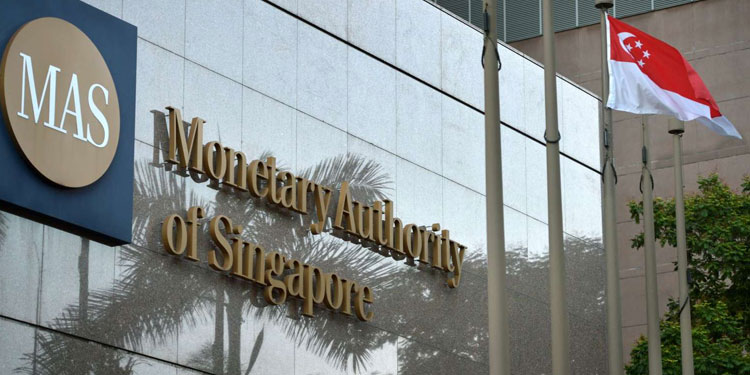 As more people in Singapore become interested in cryptos and other elements of the decentralized finance (DeFi) space, the officials in Singapore are maintaining an increasingly watchful eye on initiatives of this kind and determining how they can enforce security to ensure the various stakeholders involved.
As more people in Singapore become interested in cryptos and other elements of the decentralized finance (DeFi) space, the officials in Singapore are maintaining an increasingly watchful eye on initiatives of this kind and determining how they can enforce security to ensure the various stakeholders involved.
Deputy Prime Minister (DPM) Heng Swee Keat announced the start of a new blockchain initiative by the Singapore central bank on Tuesday (31 May), during the Asia Tech x Singapore Summit. The initiative, which will be known as Project Guardian, will give the Monetary Authority of Singapore (MAS) the opportunity to investigate how it can take advantage of the benefits of DeFi while also examining the steps that are necessary to protect users and reduce the risks that are associated with it.
As per the Malaysian Accounting Standards Board (MAS), the purpose of Project Guardian was to “manage the risk of financial stability and integrity” while investigating the viability of asset tokenization and decentralized finance.
- Tokenization: Using a smart contract, the practice of digitally recording assets or objects of value on a blockchain.
- DeFi: Operations in financial assets that may be carried out independently on a blockchain and do not need the involvement of middlemen.
The purpose of Project Guardian is to create and test application cases in four different categories, namely:
- Open and interoperable platforms.
- Trust anchors that are responsible for screening, verifying, and issuing certificates to organizations that want to partake in DeFi procedures.
- Asset tokenization
- The incorporation of regulatory protections and restrictions into decentralized financial infrastructure protocols.
DBS Bank, JP Morgan, and Marketnode will be in charge of the first industry trial being conducted as part of Project Guardian. Through the establishment of a “permissioned liquidity pool” consisting of tokenized bonds and deposits, the project will investigate the possible uses of DeFi inside wholesale finance markets.
Moving ahead, the MAS is also inviting more industry efforts that address the four areas of interest that are at the core of the Project Guardian project.
During his remarks at the summit, the Chief FinTech Officer of the MAS, Mr. Sopnendu Mohanty, said that the Singaporean central bank is keeping an eye on the developments and expansions occurring in the digital asset market. At the same time, they are investigating the possibilities and dangers that may be presented to stakeholders by the new technology.
The Deputy Prime Minister and Coordinating Minister for Economic Policies, Heng, shared his opinions and echoed those of the Prime Minister.
Mr. Heng said that bitcoin assets had the ability to revolutionize the future of finance, despite the fact that he referred to the industry as a “very dangerous environment.”
As a result, Mr. Heng said that Singapore’s rules need to encourage innovation while also addressing the dangers connected with crypto assets.
The advice, on the other hand, is less complicated for individual retail investors. Avoid investing your money in cryptocurrencies, particularly if you are a retail investor. This point can’t be emphasized enough by us.
Heng also brought up the recent scandal that surrounded the LUNA ecosystem, which resulted in a great number of people incurring enormous losses and, in some instances, even losing their life savings.
As more people in Singapore experiment with cryptocurrencies and investigate the DeFi area, it is possible that some kind of regulation may become essential to protect the interests of the many parties.
Even while these kinds of financial services do come with their fair share of dangers, we are relieved that the regulatory bodies are addressing it with an open mind.
We have high hopes that the new effort would make it possible for the government to have a deeper understanding of the decentralized space and create rules that will safeguard the many stakeholders in the nation.








